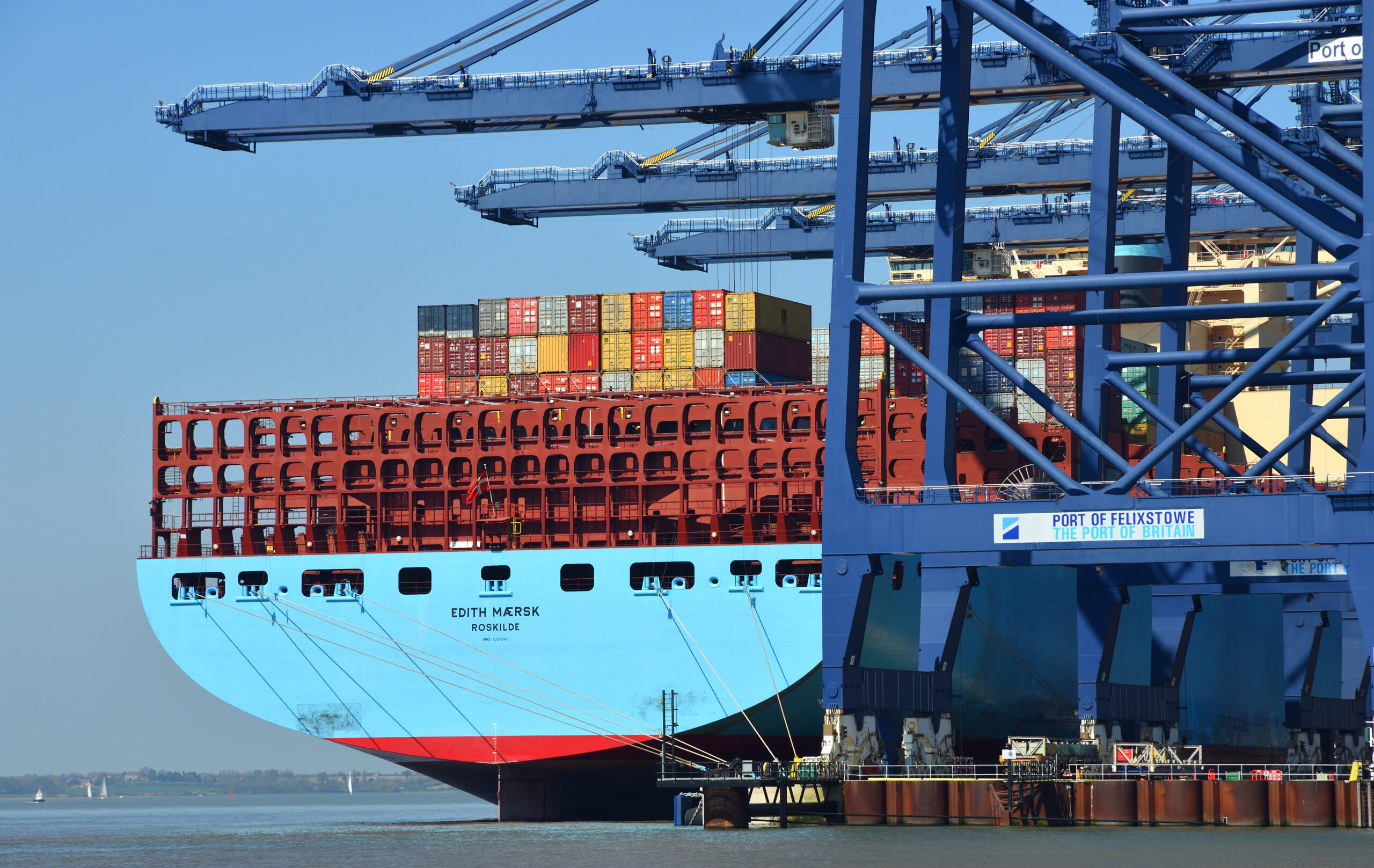Danish shipping company Norden, in partnership with MASH Makes, the Indian-Danish biofuel and biochar producer, has completed a trial to test carbon-negative biofuel on a dry bulk vessel travelling from Singapore to Brazil. The trial demonstrates the technical viability of the biofuel and the use of biochar-based carbon removals to offset maritime emissions.
The trial involved the use of a B20 fuel blend consisting of 20% bio-oil and 80% conventional marine fuel produced using a carbon-negative process. The fuel mixture powered the unmodified auxiliary engine system of a Capesize dry bulk vessel operating on a round trip between Singapore and Brazil. 65 tonnes of the blend were consumed during the voyage and, according to Norden, the results confirm the drop-in compatibility of the fuel and its potential for immediate deployment in commercial shipping.
To produce the carbon-negative fuel, MASH Makes uses pyrolysis to convert agricultural residues (i.e., organic biomass) into two products: bio-oil, to be used as fuel, and biochar, which is used in agriculture and sequesters atmospheric carbon in the soil.
Every tonne of biofuel that is produced by pyrolysis also yields 1.8 tonnes of biochar. Because 1 tonne of biochar permanently stores 3.14 tonnes of CO2 in the soil, each tonne of biofuel is associated with the removal of 5.7 tonnes of CO2 from the atmosphere. (That is, 1.8t x 3.14t = 5.7t.) These figures have been independently assessed and are now the subject of further lifecycle emissions analysis in partnership with the Maersk Mc-Kinney Møller Center for Zero Carbon Shipping.
In contrast to many maritime decarbonisation pathways, which require substantial capital investment and infrastructural development, this approach uses existing engine systems while producing net-negative emissions. The process combines fuel substitution (i.e., bio-oil) and a verifiable carbon removal method (i.e., biochar) to result in a negative emissions profile for the resultant blended fuel.
In 2023, Norden made a minority equity investment in MASH Makes to secure access to the biofuel and a potentially scalable decarbonisation solution that complements other alternative fuel pathways, including methanol, ammonia, and LNG. Henrik Røjel, Head of Decarbonization and Climate Solutions at Norden, commented that the trial ‘proves that MASH Makes’ biofuel is suitable for marine engines, and it marks an important milestone towards bringing the fuel into our operation.’
MASH Makes’ production facility in Karnataka, India, currently yields 3,400 tonnes of bio-oil per year, and expansion is underway to double output. The company’s long-term objective is the removal of one gigatonne of CO2 by 2040, which will depend on both market demand and the establishment of transparent carbon accounting frameworks that can reliably account for biochar-based removals. ‘Our biofuel meets the technical requirements of the shipping industry and can be used in unmodified engines,’ said MASH Makes CEO, Jakob Bejbro Andersen. ‘It’s a seamless, scalable alternative ready to cut emissions today.’
However, the commercial scalability of the fuel production process and wider regulatory validation remain constraints to broader market adoption. The lack of standardisation in carbon removal techniques and verification methodologies is a critical barrier to widespread uptake. Integrating such fuels into emissions reporting, voluntary carbon markets, or compliance mechanisms under frameworks such as the EU ETS or IMO’s lifecycle assessment standards will require further verification and policy alignment.
The trial demonstrates that carbon-negative fuels are operationally viable, albeit on a currently limited scale. With main engine testing planned as a next phase, Norden and MASH Makes are seeking to validate full propulsion system performance and broaden commercial application. This initiative suggests that incremental, compatible, and measurable interventions may offer a practical bridging technology for maritime emissions reduction.



